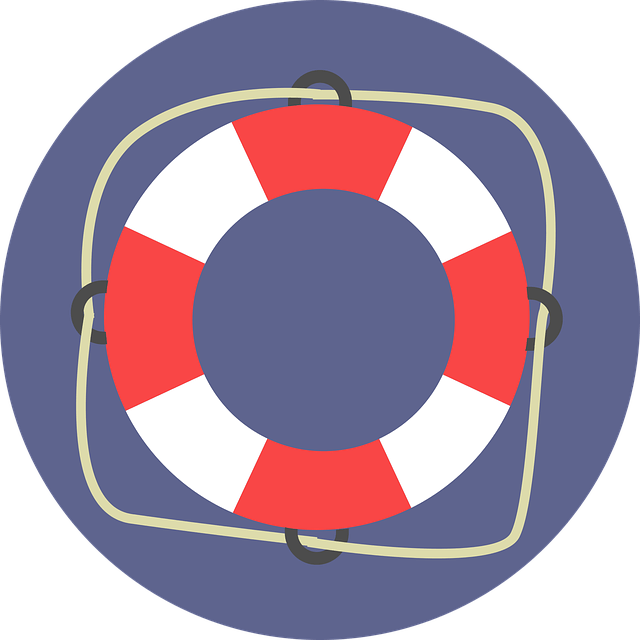In today’s digital age, technology has transformed the way we read and access information. With the rise of e-readers and tablets, traditional paper books are being replaced by digital alternatives. While both e-readers and tablets offer the convenience of accessing books and other media electronically, they differ in terms of functionality, cost, and overall value. In this article, we will explore whether e-readers offer good value compared to tablets.
Functionality: The Reading Experience
When it comes to the primary function of reading, e-readers excel. Designed with electronic ink displays, e-readers provide a reading experience that closely mimics the look and feel of a traditional paper book. The electronic ink technology reduces eye strain and offers a glare-free reading experience, making it easier to read for extended periods. Additionally, e-readers are lightweight and portable, making them an ideal choice for avid readers who enjoy reading on the go.
On the other hand, tablets offer a range of functionalities beyond reading. With their vibrant color displays and touchscreen capabilities, tablets provide a more interactive experience. They allow users to access not only e-books but also other media such as movies, games, and web browsing. Tablets are versatile devices that cater to a broader range of entertainment and productivity needs.
Cost: Initial Investment and Long-Term Savings
When it comes to cost, e-readers tend to be more affordable than tablets. E-readers are specifically designed for reading purposes, resulting in a lower price point. They offer a no-frills reading experience without the additional features found in tablets. If your primary goal is to read books and you don’t require other functionalities, an e-reader may be a cost-effective choice.
In contrast, tablets are generally more expensive due to their advanced features and capabilities. They offer a wide range of functionalities beyond reading, such as web browsing, gaming, and streaming. While tablets may provide better value in terms of versatility, they come with a higher price tag. It’s important to consider your needs and budget when deciding between an e-reader and a tablet.
Value: Finding the Right Fit
Value is subjective and depends on individual preferences and requirements. If reading is your primary focus and you enjoy the tactile experience of a book, an e-reader may offer the best value for you. E-readers are designed with a focus on providing an optimal reading experience, with features such as adjustable font sizes and built-in dictionaries.
However, if you prefer a device that offers a wide range of functionalities and entertainment options, a tablet might be the better choice. Tablets provide a more interactive experience with their color displays and touchscreen capabilities. They allow you to not only read books but also browse the web, watch movies, and play games.
Additionally, it’s worth considering the long-term value of your investment. E-readers generally have a longer battery life compared to tablets, meaning less frequent charging. They also tend to be more durable, with screens that are less prone to cracks and scratches. These factors contribute to the overall value and lifespan of the device.
Conclusion: Choosing the Right Device
In the end, the decision between an e-reader and a tablet depends on your personal preferences, needs, and budget. If reading is your primary focus and you value a device dedicated to providing an optimal reading experience, an e-reader offers good value. On the other hand, if you desire a versatile device that offers a range of functionalities beyond reading, a tablet may be the better choice, despite the higher price tag. Consider your priorities, evaluate the features and costs of each device, and make an informed decision that aligns with your needs and preferences.




